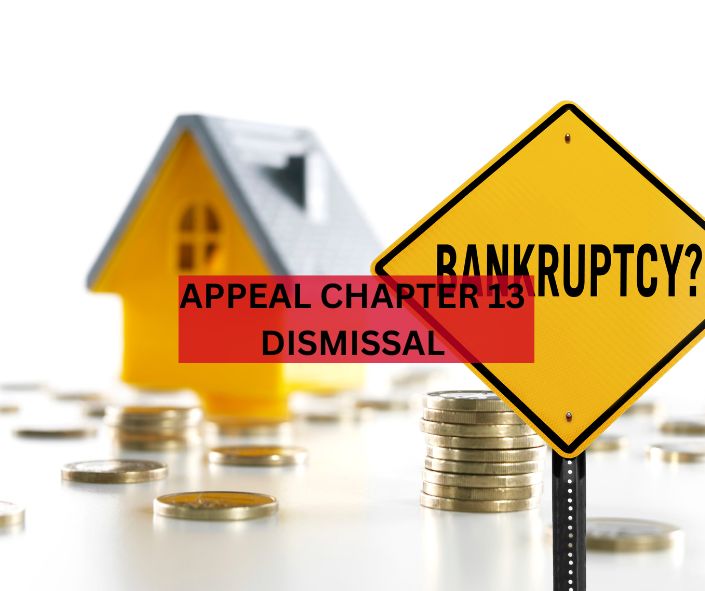A Chapter 13 bankruptcy case can be dismissed if the debtor misses monthly plan payments. After missing payments, the bankruptcy trustee will ask the court to dismiss the debtor’s case. You can negotiate with the trustee before your Chapter 13 bankruptcy is dismissed.
But if your case has already been dismissed the next step to take is to try and appeal the dismissal. Talk to your lawyer if you missed payments and fear that your Chapter 13 case will be dismissed.
Consequence Of Not Making Your Chapter 13 Payments
 You must make timely plan payments for Chapter 13 Bankruptcy. The payments are made to the bankruptcy trustee every month and the trustee keeps a record of the payments throughout your bankruptcy. It’s the trustee who is responsible for filing a motion with the bankruptcy court if you miss your plan payments.
You must make timely plan payments for Chapter 13 Bankruptcy. The payments are made to the bankruptcy trustee every month and the trustee keeps a record of the payments throughout your bankruptcy. It’s the trustee who is responsible for filing a motion with the bankruptcy court if you miss your plan payments.
You can avoid having your case dismissed if you contact your trustee when you know that you will miss plan payments. Your trustee can involve you in a program that can help you. In a situation where the trustee has filed a motion to dismiss your bankruptcy without discharging, you have the opportunity to oppose that motion.
Failing to oppose the motion will result in a dismissal. Rules of opposing a motion are determined by the bankruptcy court where the motion was filed. Most of the time the court will ask you to explain why you missed your payments and how you will make the rest of the plan payments. If the court feels that your reasons for falling behind on your payments are valid, the court or your trustee will work with you and give you time to catch up with your payments.
The court will dismiss your case if the court believes you are not in the right financial position to continue with your Chapter 13 bankruptcy. That means the court did not consider your reasons for falling behind on payments as valid.
What Can You Do If You Cannot Afford Your Chapter 13 Payments?
The following options can help your situation:
- Modification of your payment plan to reduce the monthly payment amounts
- You can convert to a Chapter 7 Bankruptcy
- You can request a hardship discharge
There are Two Types Of Bankruptcy Dismissal
A bankruptcy court can dismiss your bankruptcy case with or without prejudice. When your case is dismissed with prejudice, it means that you cannot file for another bankruptcy case right away. This is likely to happen if lied in your bankruptcy paperwork, hid assets, failed to create a Chapter 13 plan, or due to procedural mistakes.
Fortunately, most bankruptcy cases are dismissed without prejudice which allows you to file another bankruptcy case right away.
When Your Bankruptcy Case Is Dismissed
A dismissal can make things worse for the debtor than before they filed the case. You immediately lose the automatic stay, which means your creditors can continue their collection efforts against you. The changes the bankruptcy court made to the terms of the debt will be reversed. None of your debts will be discharged.